FACE TO FACE: ABRAR A. ANWAR & BANNYA
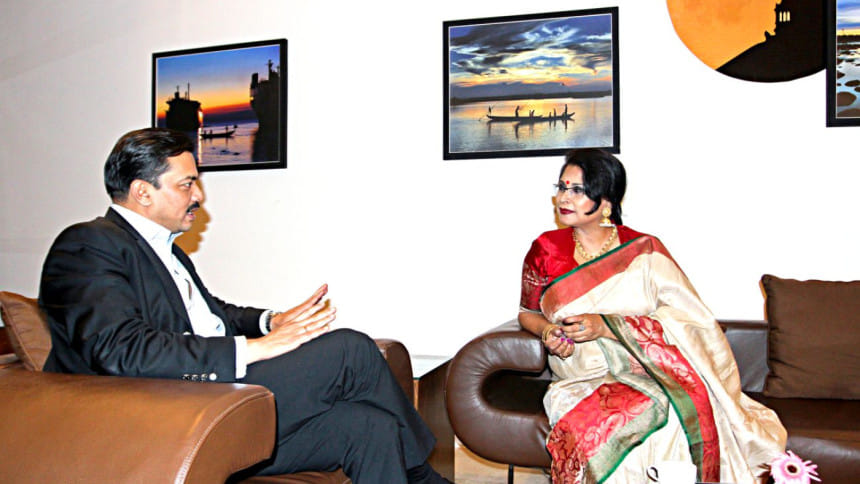
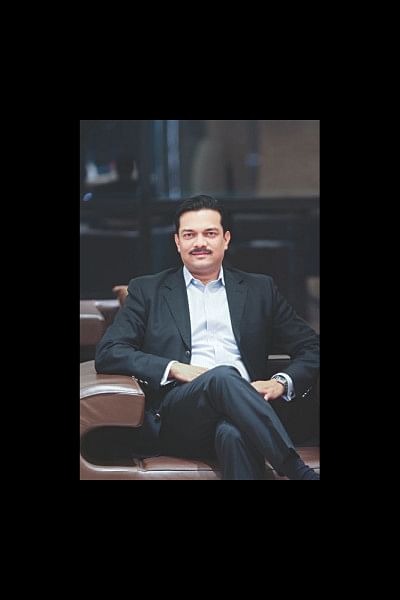
Abrar A. Anwar (AA): When did you first start and decide to be a professional singer?
Rezwana Chowdhury Bannya (RC): The start was interesting as I went through two phases. The first was back in school when singing was my passion. While my friends were busy playing in the field, I was busy with my harmonium. I used to sing for my own enjoyment and after completion of my Intermediate, I joined in Chhayanaut with my father's encouragement. It wasn't until 1975, while enrolled at Dhaka University, when I went for an interview for the scholarship by the Indian Council for Cultural Relations. It was a rather interesting interview as I had very little preparation for it, but after I was selected, the start to the second phase commenced, where I started with formal training of music and singing. My whole life changed after that, although considerable efforts were still needed to convince my family to allow me to pursue my training in music.
AA: How have you maintained this drive or passion of yours to deliver high quality performances over the years?
RC: I'm close to my retirement, yet I still sit down and practice every morning. It is more of a daily ritual that I must do before starting my day. These practice sessions have become a part of me and those 40 minutes unifies my mind, body and soul. Without practice, it is impossible for a musician to hone a high level of skill.
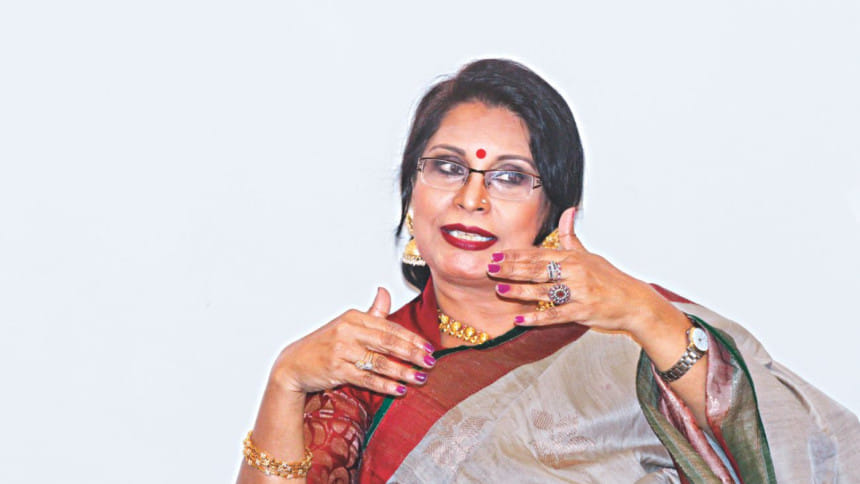
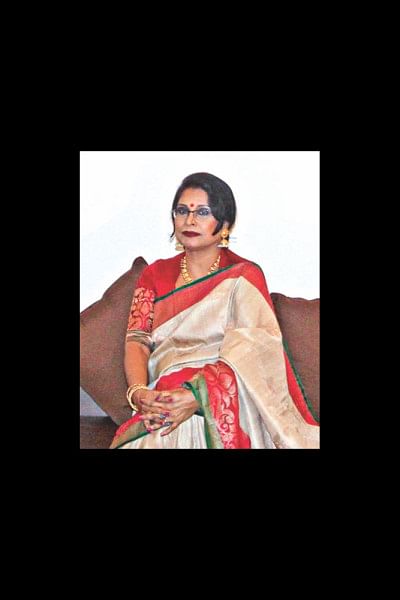
AA: How do you balance your personal life with your music and performances?
RC: Of course, my husband is very supportive of my career but my parents have also helped out a lot, especially with taking care of my children when they were young, so that I could nurture my career. My mother used to look after them and my father used to help out with their studies, so I am very blessed that my family provided such enormous support.
AA: The number of talented artists coming up in the industry seems to be dwindling gradually. I would very much like to hear your thoughts as to why this situation is so predominant nowadays?
RC: Quite simply, it's because of the lack of practice and the pursuit of meaningless popularity among today's youth. I always advise newcomers to be good musicians rather than to just chase after popularity. They rush to rise to the top, but unfortunately, that can never be sustained. A brass ornament needs constant polishing in order to stay shiny and appealing. Also, modernization of the recording processes has hampered the quality of musicians as the digital processes can even make bad ones sound good.
AA: As I am sure you are aware, Celebrating Life is an initiative by Standard Chartered and The Daily Star to bring out and recognize talented individuals from across the country in Lyrics, Photography and Filmmaking. Do you have any insight or feedback about this initiative, as your input will be greatly appreciated and help enrich our initiative?
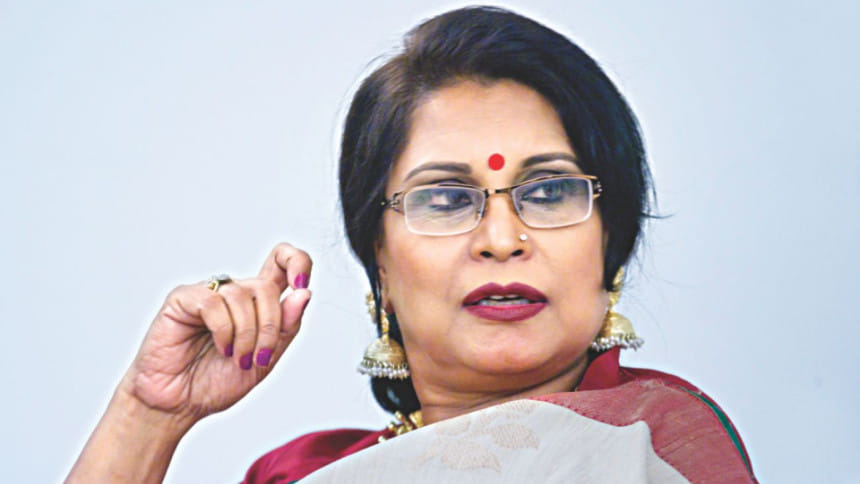
RC: It is a very nice initiative and I feel that although the artists are undoubtedly talented, many of them lack the basic training required to succeed in the long run. Making arrangements for this basic training of these talented individuals would definitely allow them to have a better footing in the industry in the long run.
RC: Now that it's my turn to ask the questions, I would first like to begin by congratulating you on being the first Bangladeshi CEO appointed by Standard Chartered Bangladesh from within the organization. Being a Bangladeshi CEO, what can you do differently compared to any foreign CEO?
AA: I think my nationality as the CEO is coincidental. I believe they judged everyone upon their delivery and knowledge in the context of banking. My additional advantage would probably be my connections in the local market, and my understanding of the local people and the target market. At the end of the day, it is a people business and out of 2,100 of our employees, only 3 are foreign nationals. So the bank has been run for the last 110 years by locals, and being a local CEO, my better understanding of the local people is a key advantage.
RC: What would you say are the prerequisites to becoming a successful CEO such as yourself?
AA: While addressing a young crowd a few days back, I mentioned the need to have a thirst for knowledge and not to chase after money or success. Instead, let the success run after you by increasing your knowledge and value as a professional. Knowing one's job and delivering the expected performance is essential for success in any field.

 For all latest news, follow The Daily Star's Google News channel.
For all latest news, follow The Daily Star's Google News channel. 



Comments